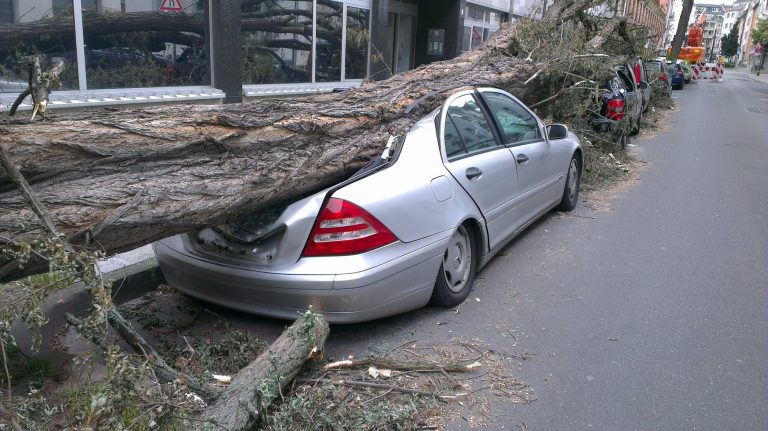
What is Car Insurance?
Car insurance, also known as auto insurance or vehicle insurance, is a contract between you and an insurance provider that offers financial protection against physical damage and bodily injury resulting from accidents, theft, and other unforeseen circumstances involving your vehicle. It provides coverage for your car, yourself, passengers, and other drivers on the road.
After an accident, drivers often have questions about how to proceed with their insurance claims. It’s important to document the accident scene, exchange information with other drivers involved, and notify the police and your insurance Agent as soon as possible. Your Agent will guide you through the claims process, which may include providing information, filing paperwork, and arranging for vehicle repairs or medical treatment if necessary. Understanding your policy’s coverage limits and deductible requirements can also help streamline the claims process.
24/7 Claims Phone #: (806) 788 – 1343
Many drivers want to understand why their car insurance rates vary. Common factors that influence insurance premiums include driving record, age, gender, location, type of vehicle, mileage, coverage limits, deductible amounts, and even credit history in some cases. Insurance companies use these factors to assess the level of risk associated with insuring a particular driver and vehicle.
With the multitude of coverage options available, it’s common for drivers to be unsure about which coverages they need. While liability coverage is typically mandatory in most states, drivers may also consider collision, comprehensive, uninsured/underinsured motorist, and personal injury protection (PIP) coverage depending on their circumstances. Understanding the different types of coverage and their benefits can help drivers make informed decisions about their insurance needs. Get in touch with one of our knowledgeable agents today to discuss your personal needs.
Understanding Car Insurance
How Does Car Insurance Work?
Liability Coverage:
Liability coverage is the foundation of car insurance and is typically required by law in most states. It includes two primary components:
- Bodily Injury Liability: This coverage pays for medical expenses, lost wages, and legal fees if you injure someone else in an accident.
- Property Damage Liability: This coverage helps pay for repairs to other people’s property (such as vehicles, fences, or buildings) if you’re at fault in an accident.
Collision Coverage:
Collision coverage helps pay for repairs to your vehicle if it’s damaged in a collision with another vehicle or object, regardless of fault. This coverage is especially important if you have a newer or more expensive car.
Comprehensive Coverage:
Comprehensive coverage provides protection against non-collision events, such as theft, vandalism, fire, natural disasters, and falling objects. It helps cover the cost of repairs or replacement if your car is damaged or stolen in these scenarios.
Uninsured/Underinsured Motorist Coverage:
This coverage protects you if you’re involved in an accident with a driver who doesn’t have insurance (uninsured) or doesn’t have enough insurance to cover your damages (underinsured). It helps pay for medical bills, lost wages, and vehicle repairs in such situations.
Additional Coverages:
Personal Injury Protection (PIP):
PIP coverage, also known as no-fault insurance, pays for medical expenses, lost wages, and other expenses for you and your passengers regardless of who is at fault in an accident. It’s required in some states and optional in others.
Rental Reimbursement:
Rental reimbursement coverage helps cover the cost of a rental car while your vehicle is being repaired after an accident covered by your policy.
Roadside Assistance:
Roadside assistance coverage provides services such as towing, battery jump-starts, tire changes, and locksmith services if your vehicle breaks down or you’re stranded on the road.
Utilizing Car Insurance:
Understand Your Policy:
Review your car insurance policy carefully to understand your coverage limits, deductibles, and exclusions. Knowing what’s covered and what’s not can help you make informed decisions in the event of an accident or claim.
Maintain Coverage:
Keep your car insurance policy active by paying your premiums on time. Driving without insurance can result in fines, license suspension, and legal consequences.
Report Accidents Promptly:
If you’re involved in an accident, report it to SCLII Agencies as soon as possible, even if you don’t intend to file a claim. Prompt reporting helps expedite the claims process and ensures that your insurer is aware of the situation.
Drive Safely:
Maintaining a clean driving record not only keeps you safe on the road but also helps you qualify for lower insurance premiums. Avoid speeding tickets, accidents, and other infractions that can result in higher insurance rates.
Conclusion:
Car insurance is a crucial aspect of responsible vehicle ownership, providing financial protection and peace of mind for drivers and their families. By understanding how car insurance works and utilizing it effectively, you can protect yourself, your passengers, and your vehicle from the risks of the road.
For personalized assistance in selecting the right car insurance policy for your needs, contact us today. Our team of experienced agents is here to help you navigate your options and find the coverage that’s right for you.














